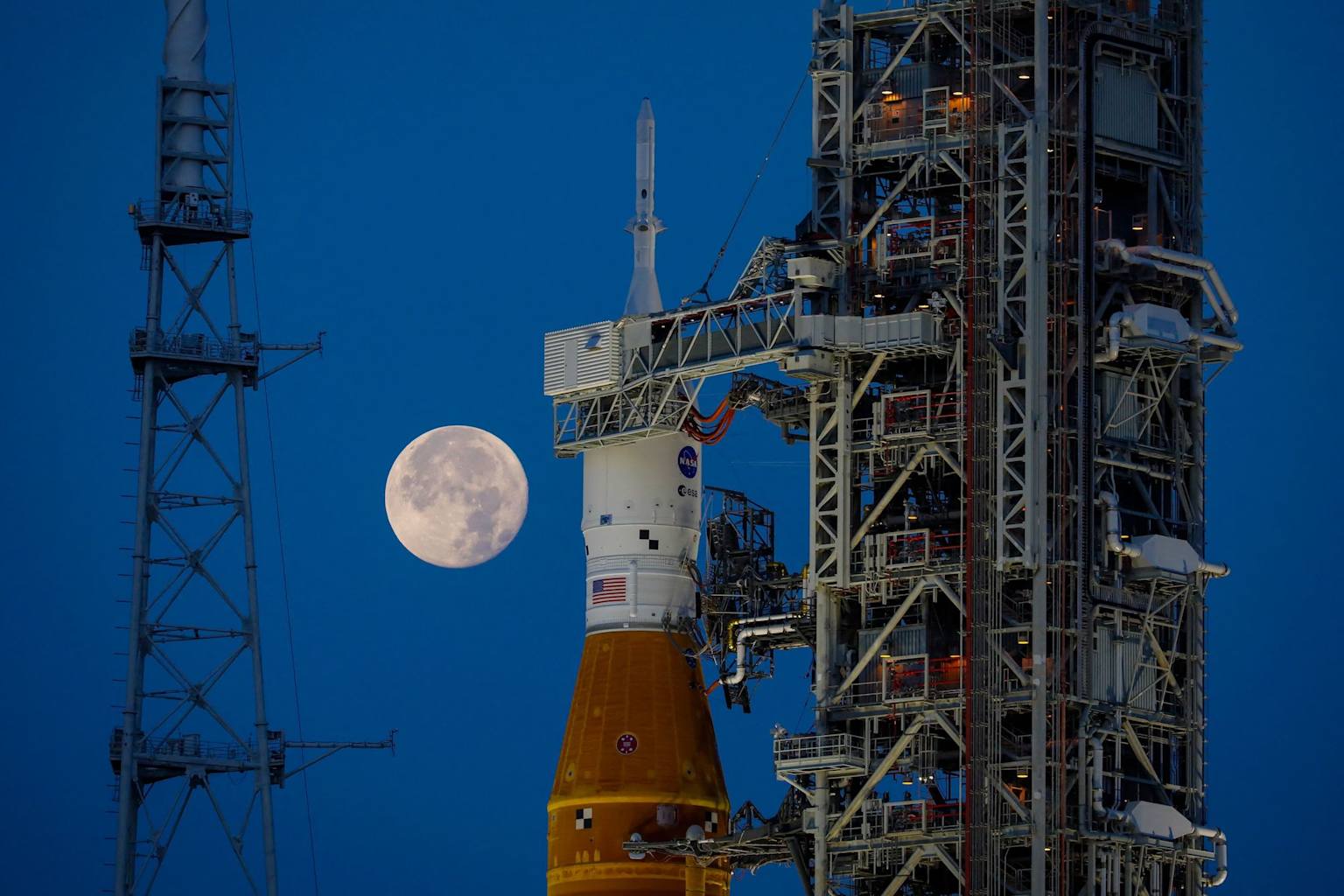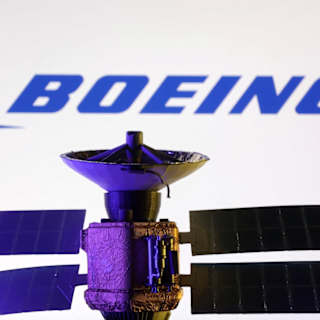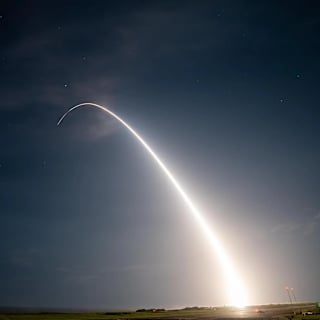- Funding Details and Program Scope
- Political Victory After Internal Opposition
- Budget Pressures and Program Uncertainty
The House narrowly passed sweeping tax legislation Thursday that restores nearly $10 billion in funding to NASA's Artemis lunar program, reversing months of budget uncertainty that threatened America's return to the Moon. The "One Big Beautiful Bill," approved 218-214, now heads to President Trump's desk for his signature.
The legislation allocates $9.9 billion for NASA to support Artemis IV and V lunar missions, advance Mars mission development, and maintain U.S. leadership in low Earth orbit operations. The funding package also includes $300 million specifically for Johnson Space Center in Houston and covers continued operation of the International Space Station, including support for the U.S. Deorbit Vehicle.

The restored funding breaks down to $4.1 billion for Space Launch System rocket development and the Artemis IV and V missions, according to Orbital Today1. An additional $2.6 billion will support development of the Gateway space station for future lunar missions1. The bill mandates that "not less than $750,000,000 shall be obligated for each of fiscal years 2026, 2027, and 2028" for the Gateway program2.
The legislation also includes $1.25 billion for International Space Station operations through fiscal year 20292. Beyond space exploration, the bill provides $12.5 billion for aviation and air traffic control modernization34.
The funding represents a political victory for space advocates after early resistance from within Trump's orbit. Elon Musk and former NASA administrator nominee Jared Isaacman had both expressed skepticism about lunar missions, preferring a Mars-focused approach1. Isaacman's nomination was eventually terminated as the administration's space priorities shifted1.
House Science, Space, and Technology Committee Chairman Brian Babin praised the outcome. "This legislation provides critical support to advance deep space exploration, land Americans back on the Moon, and continue laying the groundwork for future missions to Mars," Babin said23.
The bill also restores the R&D tax credit for domestic research, which Babin noted "will strengthen U.S. competitiveness and help fuel private-sector investment in innovation"23.
The funding comes after NASA faced budget pressures in recent years. The agency had proposed shifting money from Space Launch System and Orion programs to newer initiatives for later Artemis flights, but faced resistance from Congress1. Previous budget proposals had created what space policy experts called "structural deficits" that threatened various NASA programs1.
Senator Ted Cruz, who helped lead efforts to restore NASA funding, emphasized the importance of maintaining American space leadership2. The bill's passage resolves uncertainty that had clouded the Artemis program's future under the new administration.



